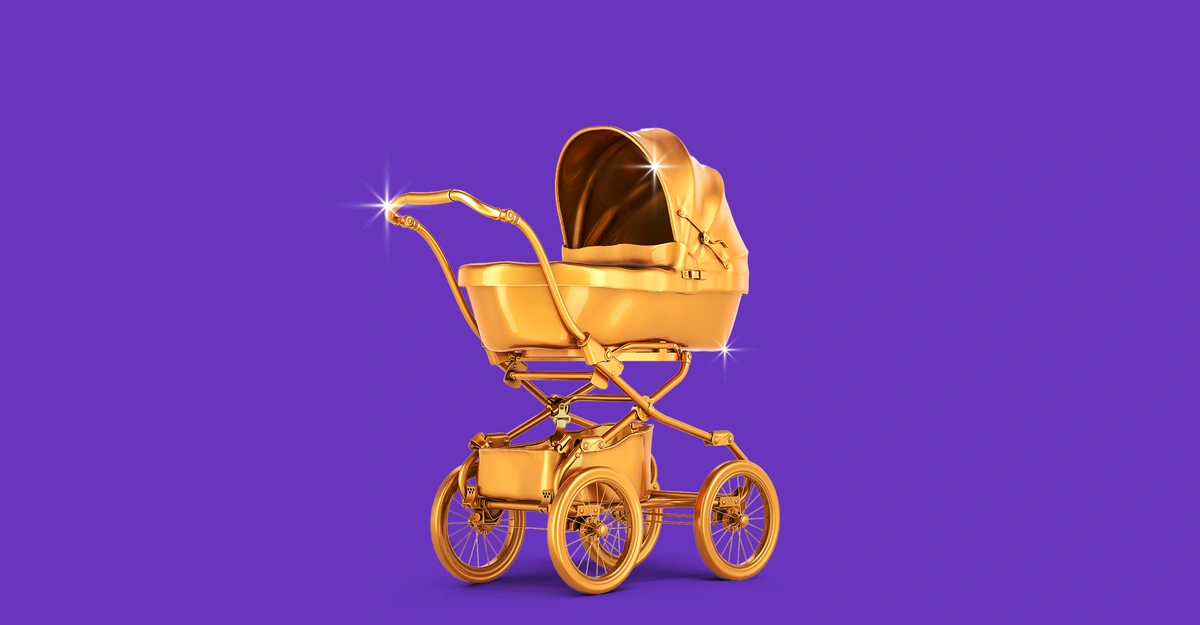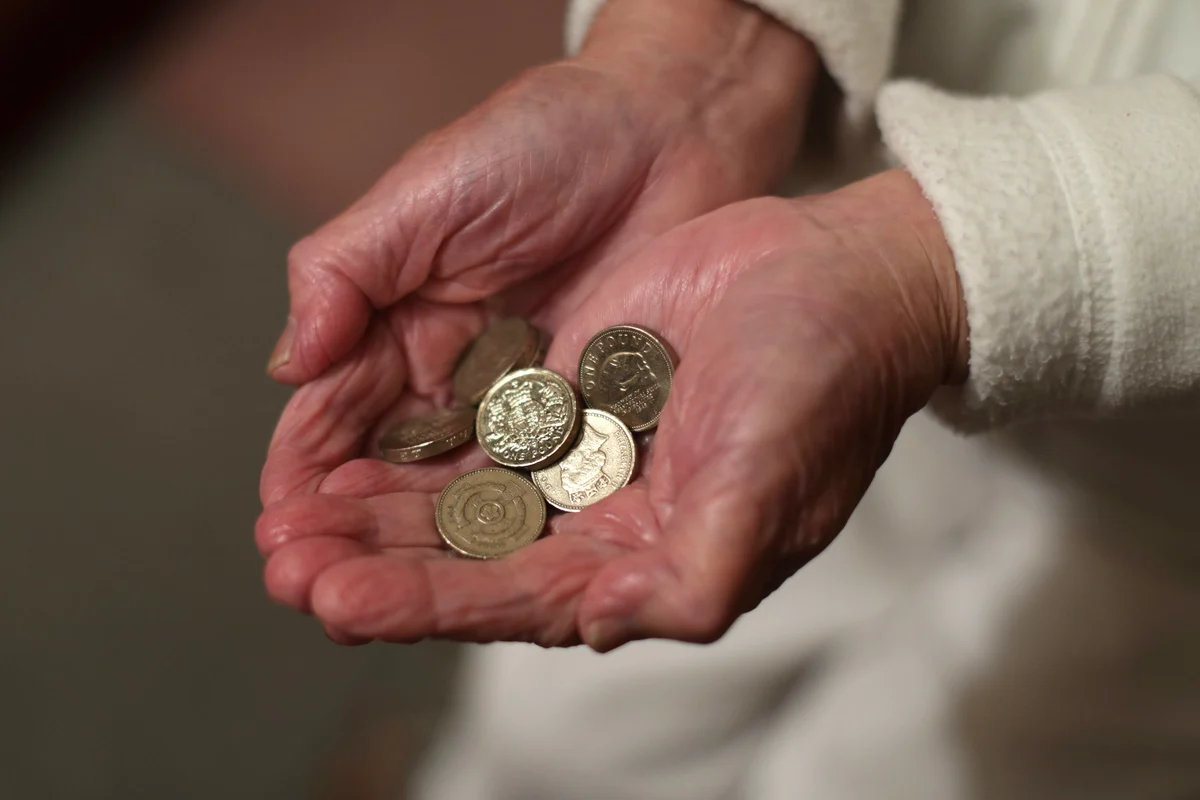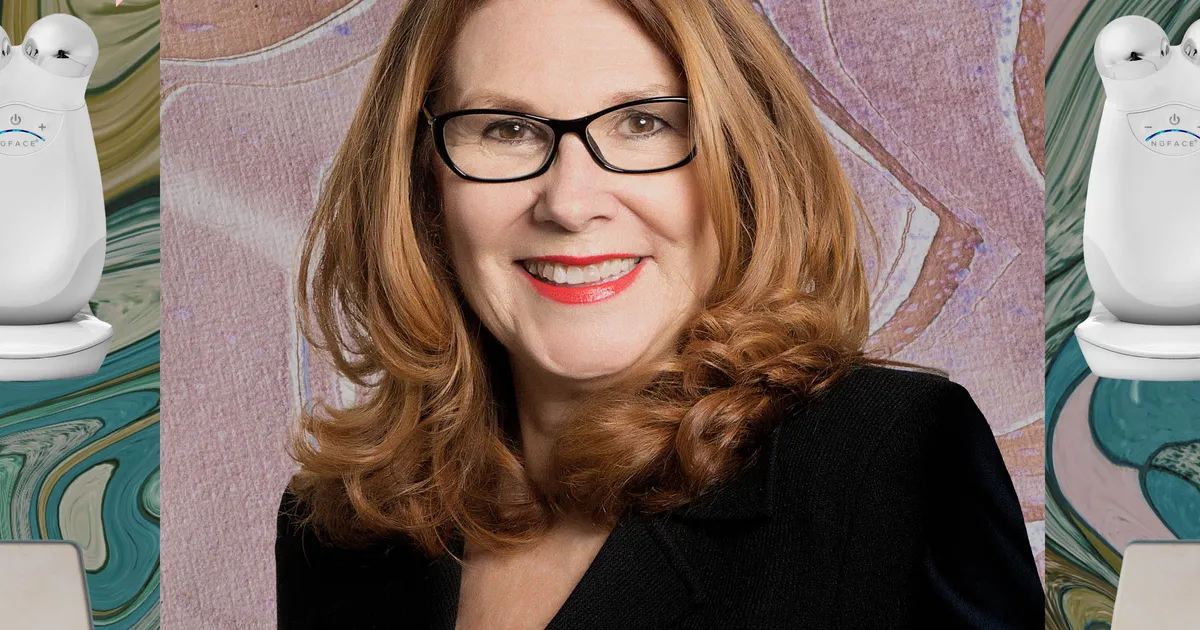Copyright The Atlantic

Money is supposed to make life easier. But whether it makes life easier for parents has become a surprisingly contentious question. A couple of years ago, Pew Research Center published a survey about American parenting that stumbled on a somewhat counterintuitive finding: Lower-income parents were more likely than middle- or higher-income parents to say that they found parenting enjoyable and rewarding “all or most of the time.” The difference was pretty marginal—most parents, regardless of income level, reported finding parenthood enjoyable all or most of the time—but that one data point got people talking. Think pieces proliferated, in which people reflected on why the most disadvantaged parents were “less exhausted and stressed and more rewarded by parenthood,” and why women with more advantages were “the unhappiest mothers,” reporting “the highest levels of dissatisfaction with motherhood.” Simone and Malcolm Collins, the venture capitalists turned pronatalists, hosted a podcast episode on the Pew research, “debunking the bias that poorer people must be miserable raising children” and arguing that “cultural factors like faith and insulation from the childless urban monoculture better enable them to find meaning in parenting.” But these accounts tended to downplay (or ignore) another important finding in that Pew report: “Lower-income parents are also more likely than those with upper incomes to say parenting is stressful all or most of the time”—and by a much bigger margin. At higher rates than well-off parents, they consistently reported worrying that their children would struggle with anxiety and depression; get bullied, kidnapped, beaten, or shot; struggle with substance abuse; or run into trouble with the law. That is, even the Pew study contradicted the claims people were making about wealthier moms being the most miserable and stressed. And although some evidence really does suggest that higher-income moms face a certain flavor of stress that lower-income moms do not, quite a bit of the evidence goes in exactly the direction you might expect: Better-off moms are, well, better off. A more thorough rundown of Pew’s and other data suggests that the question of which moms struggle most in the United States is much more complex than many commentators have asserted. When I reached out to Jennifer Glass, a sociology professor at the University of Texas at Austin who studies family and gender issues, to ask how parental well-being and socioeconomic status interact, she said she does not believe that the evidence supports the idea that wealthy, highly educated parents struggle with parenthood more than lower-income, less-educated ones. “There’s simply no data on mental health, subjective well-being, or happiness that I have ever seen showing this,” Glass told me. In Glass’s own research on how partnership and higher levels of income and education influence parental well-being, she has found that “all three significantly improve happiness for parents,” she told me. Data that the Institute for Family Studies shared with me likewise suggest that the proportion of mothers who say they are somewhat or completely satisfied with their lives rises in lockstep with their household income. Put another way: Wealthier moms are in fact happier moms. Things get a bit more complicated when you stop asking which parents are “happiest” and start asking how parenthood affects a person’s well-being. The research on this question is mixed. And pretty much all of the data suffer from the reality that, as any stats teacher will remind you, correlation does not necessarily imply causation. “At the end of the day, we can’t be 100 percent confident that what we are attributing to being a parent is not related to some sort of third variable that we haven’t accounted for,” Jennifer Augustine, a sociology professor at the University of South Carolina who studies inequalities in family well-being, told me. Researchers do have some evidence suggesting that higher-income parents, and in particular higher-income moms, take a distinct kind of hit to their well-being that lower-income parents don’t—perhaps on account of heightened social pressure to engage in intensive parenting. It’s well established, for example, that although college-educated mothers spend about the same amount of time with their kids as do moms with less education, they spend more of it engaged in “developmentally stimulating” activities such as reading or playing, Ariel Kalil, a professor of public policy at the University of Chicago, told me. Using data from the American Time Use Survey—which asks respondents what they did the previous day and how they felt while doing it—various researchers have posed this question: Do highly educated moms enjoy focused time with their kids more than lower-educated moms do? The studies took slightly different approaches to testing the question, but their results pointed in the same direction: “The answer is a very precise no,” Kalil told me. If anything, higher-educated moms enjoy it less. Another study, co-written by Augustine, used the same data in a slightly different way, examining how parents of different education levels felt throughout the day compared with how nonparents felt. Building on previous research finding that parenting was “associated with a ‘mixed bag’ of emotions,” with parents experiencing more daily happiness and meaning but also more stress than their nonparent peers, it found that this was true only for highly educated moms. Lower-educated moms did not report higher levels of stress (or happiness) than their child-free counterparts. A multitude of factors seem to be at play here. “If you go to any playground in any middle-class neighborhood, the No. 1 thing that moms will be talking about—because they’re the ones who are most often at the playground—is what activities their kids are involved in,” Augustine told me. Arranging and managing those activities takes a lot of cognitive energy and carries its own stress. “It’s kind of like more money, more problems,” she said. Highly educated parents are also more likely to have moved away from family in pursuit of educational and professional opportunities, leaving them without nearby grandparents or siblings to help with child care, Daniela Negraia, a behavioral scientist and the other co-author of Augustine’s study, told me. And of course, “the alternatives to parenthood for moms are vastly different by class,” Glass said. For instance, highly educated moms, who are more likely to work white-collar jobs, might have the chance to answer emails in the relative peace of an air-conditioned office and consider that a welcome break from waiting out toddler tantrums. For lower-income moms, who are more likely to work in the service and hospitality industries, “the chaos at the dinner table might be music to your ears,” Glass told me, “compared to the noise and pollution of your worksite, where you might be disrespected or harassed.” If you are struggling to piece together a simple narrative based on these data points, that makes sense. Each of these analyses measures different things, in different ways. Asking someone how stressed or happy they felt while feeding their toddler yesterday is quite different from asking how stressful they find parenthood in general, or how satisfied they are with their life overall. When you pluck one data point from that Pew study on parenting, it seems to suggest one thing. When you pluck out another, it suggests something else entirely. When you take those points together, along with the broader body of research on class and parenthood, the only clear deduction is that people’s feelings about parenthood are pretty complicated. And when you compare parents and nonparents using broader indicators? Having money and education starts to look pretty good—or, at least, not bad. Take, for example, this study published in January. Its goal was to figure out whether and how the pandemic affected the so-called parental-happiness gap. Historically, parents have had lower happiness levels than nonparents, at least in the U.S. The study found that by the time the pandemic began, that gap had closed—and no differences emerged in the happiness gap between parents of different education levels. (This changed during the pandemic, when the happiness of nonparents declined more than that of parents, leaving parents with a happiness advantage—perhaps because their children helped to buffer them against isolation, or because the broad expansion of public support for families provided them more of a financial cushion.) Another recent study, drawing on a survey of 30 European countries, explored the ways in which parenthood is associated with both “life satisfaction” and “meaning in life.” It found that although parenthood is pretty uniformly associated with people feeling a greater sense of meaning, regardless of gender or socioeconomic status, it is linked to lower life satisfaction for women, especially for the most vulnerable ones—young moms, those without a partner, and those with the least education. It may be a little off base to believe that wealthier moms struggle the most with parenthood. But even to the degree that they face unique stressors, this does not mean, as so much commentary on wealthier, stressed-out moms has suggested, that those stressors are of the moms’ own making. No amount of money can buy an American parent out of the reality that they will have to raise kids capable of surviving without much of a social safety net. The conclusion to draw from the struggles of well-off moms is not that they have it harder than other parents, or that they’re putting a ridiculous amount of pressure on themselves, but that all parents would benefit from more robust family-friendly policies. After all, the study based in Europe found that the motherhood life-satisfaction penalty varies considerably by region: In the famously family-friendly Nordic countries, moms report a life-satisfaction bonus. Although parenthood in many places is a trade-off between happiness and meaning, “it doesn’t have to be,” Ansgar Hudde, a professor at the University of Cologne and a co-author of the study, told me. When conditions are broadly supportive, parents can have both.



